T4K3.news
Ford bets on a 30k EV pickup
Ford unveils a low cost electric pickup built on a universal platform with a 2027 Louisville launch.
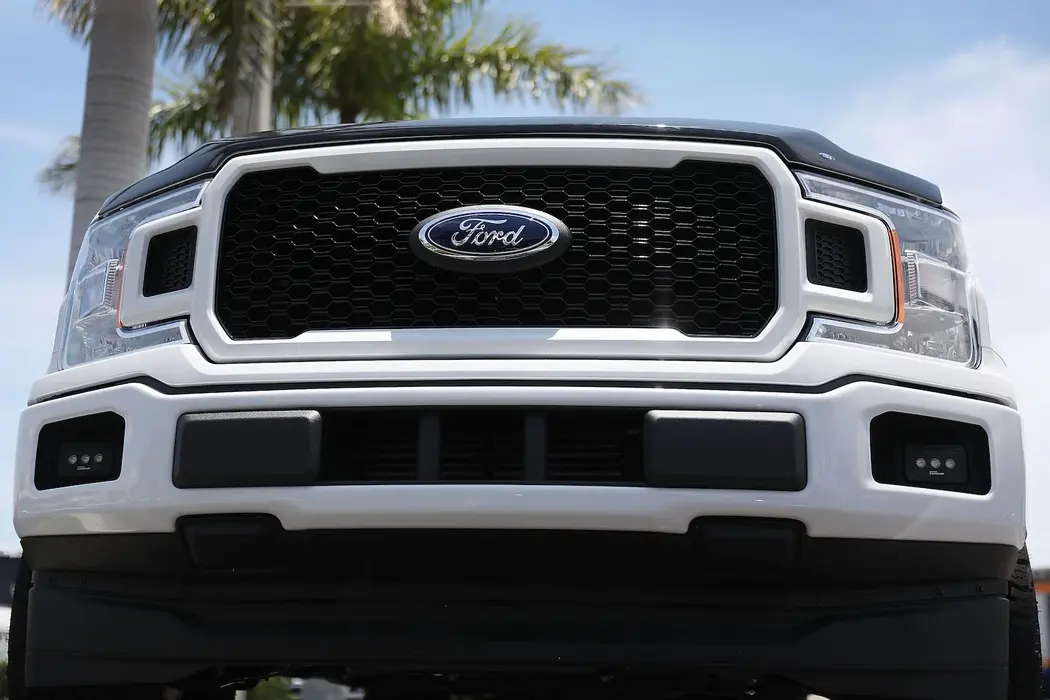
Ford pivots to a low cost, high volume EV strategy inspired by Chinese makers as federal credits fade.
Ford bets on a 30,000 EV pickup
Ford announced a plan to push a midsize electric pickup priced at 30,000. The vehicle will be built in Louisville, Kentucky, with a market debut targeted for 2027 and a support package of 2 billion dollars for BEVs. The company describes a new Ford Universal EV Platform that uses 20 percent fewer parts and 25 percent fewer fasteners, plus a wiring harness about 4,000 feet shorter. The battery is cobalt‑free LFP and designed to double as the truck’s floor, a move intended to save space and cost. Ford also says the truck will be assembled through an “assembly tree” process, cutting the number of steps and speeding production.
The move is part of a branding and product shift that could revive the Ranchero name for an affordable EV pickup. The approach mirrors BYD’s mass‑market strategy more than Tesla’s premium line, signaling a broader pivot away from high‑margin, large pickups toward lower priced, high‑volume models. The plan comes as Ford’s EV unit posted a loss of about 1.3 billion dollars in the second quarter of 2025, underscoring the tension between bold product bets and short‑term profitability. Ford says the cost cuts come from design and manufacturing changes, plus domestic battery work in Michigan, intended to make EVs affordable for more people.
Key Takeaways
"This new truck, based on this universal platform, is going to be more spacious inside than the RAV4, the best-selling car in the United States."
Farley on interior space vs the RAV4
"But it will have a frunk and it will have a whole pickup truck bed behind it."
Feature list announced by Farley
"A computer can have much lower costs—that’s why we redid this platform… to bring the costs down."
Farley on cost reduction through platform redesign
"Our idea is that the people working here in Louisville will be able to buy this car and spend money on other things they love, like vacations, their home, and their children’s education."
Farley on benefits for workers and communities
Ford is signaling a broader shift in the auto industry’s playbook. By rethinking the entire manufacturing stack, Ford aims to reduce per‑vehicle costs and unlock scale that can sustain low prices. If successful, the plan could force rivals to rethink pricing, supply chains, and how they measure value beyond gadgetry and range. Yet the path is risky: cheap batteries, simplified parts, and new factory methods must prove reliable at scale, and the company still faces a profitability challenge in the EV unit that cannot be ignored.
The Ranchero branding angle shows Ford’s willingness to mix nostalgia with mass appeal, a sign that automakers are blending storytelling with engineering to reach new buyers. The true test will be whether Louisville’s assembly approach, LFP chemistry, and a three‑part sub‑assembly process can deliver on price while maintaining safety, quality, and service expectations in a market hungry for both value and trust.
Highlights
- Affordable EVs may finally fit real household budgets
- A new platform, fewer parts, big cost savings
- A future where EVs reach everyday wallets is possible
- Louisville could become the proving ground for a mass market EV
Financial risk from bold pricing and scaling plan
Ford is betting on large cost cuts and a new production method while its EV unit runs a sizable loss. If targets for price and volume do not land, the plan could strain finances and shake investor confidence.
The market will decide if this bold bet reshapes affordable electric mobility.
Enjoyed this? Let your friends know!
Related News
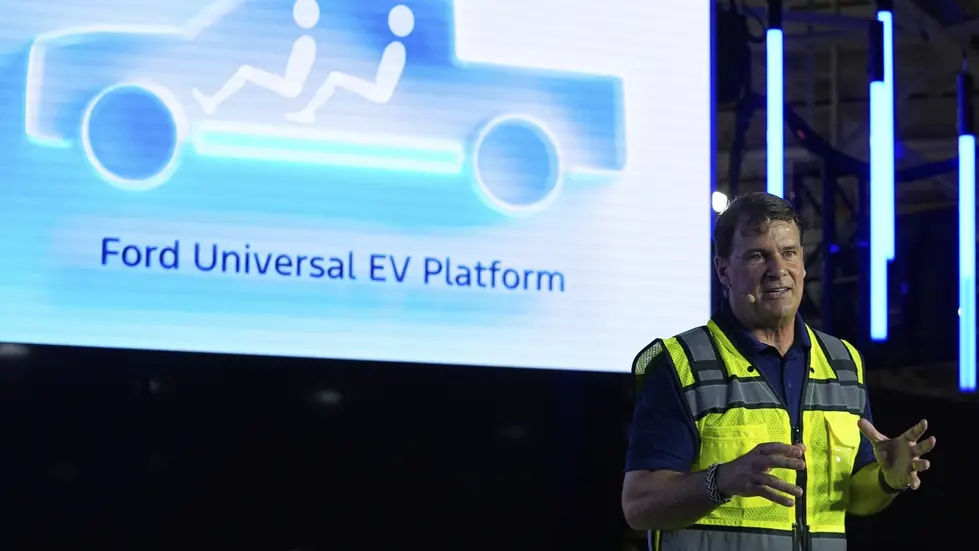
Ford rolls out cheaper EV pickup plan
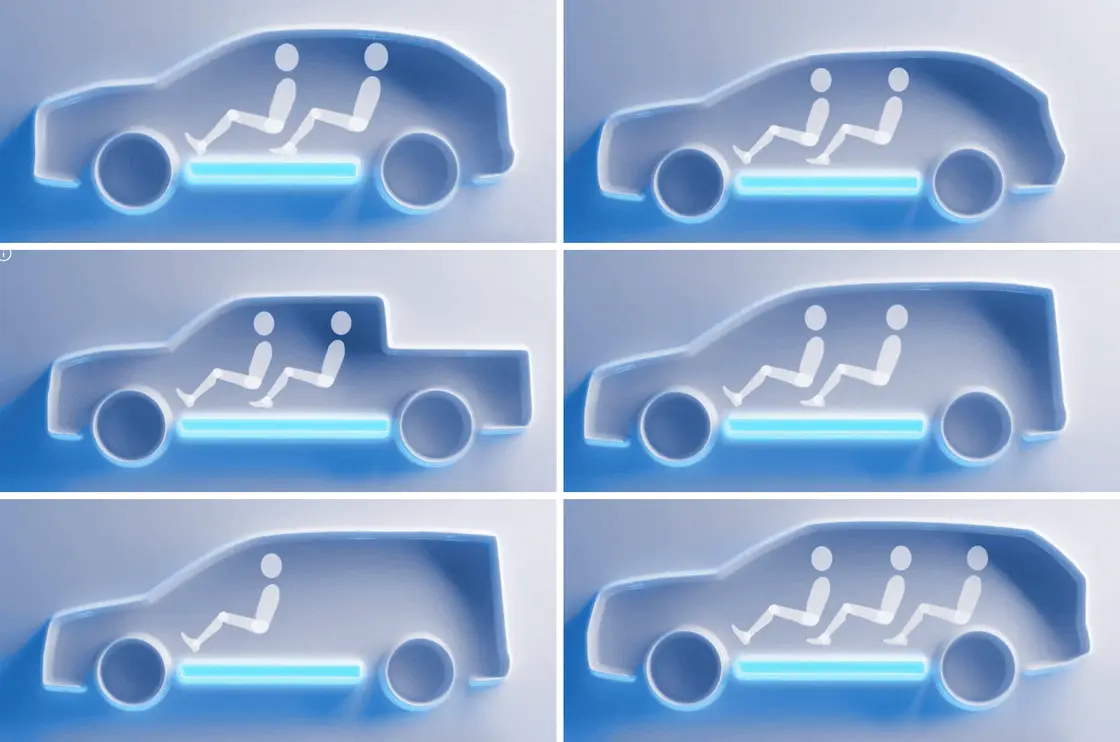
Ford announces affordable EV rollout
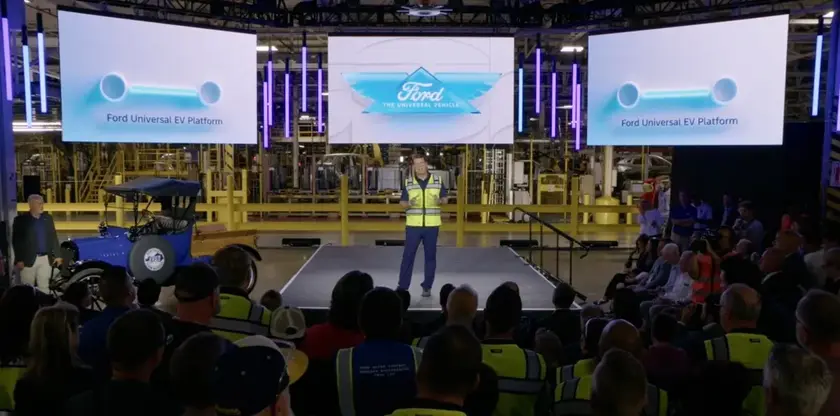
Ford doubles down on US EV push
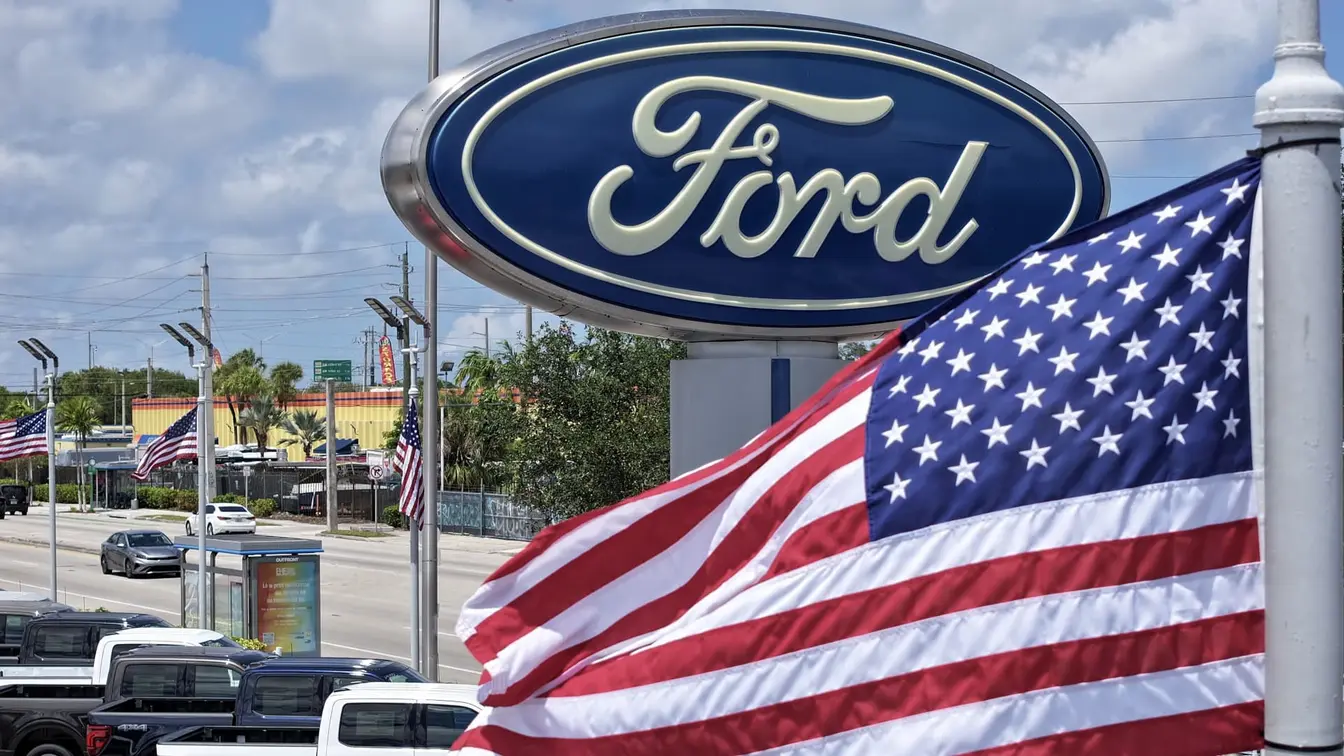
Automaker bets $2 billion on Louisville EV plant
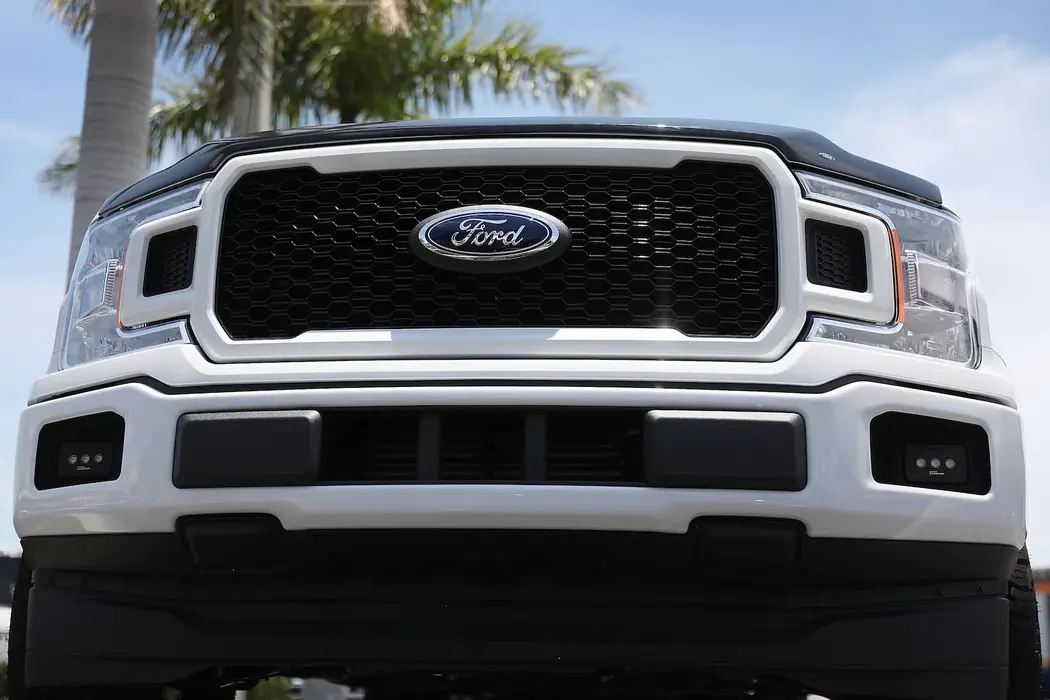
Ford teases Ranchero comeback as an affordable EV
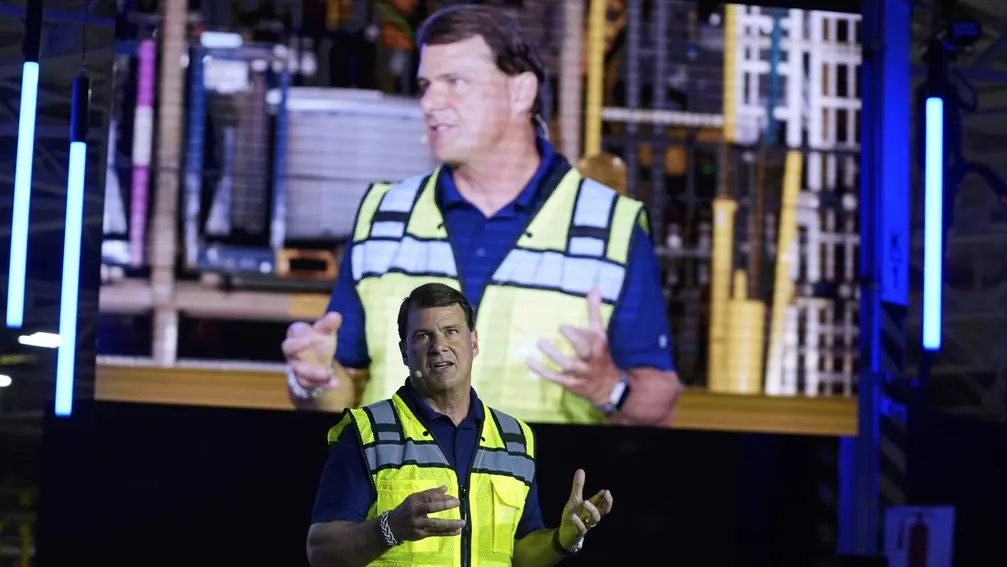
Ford expands EV push with Kentucky overhaul
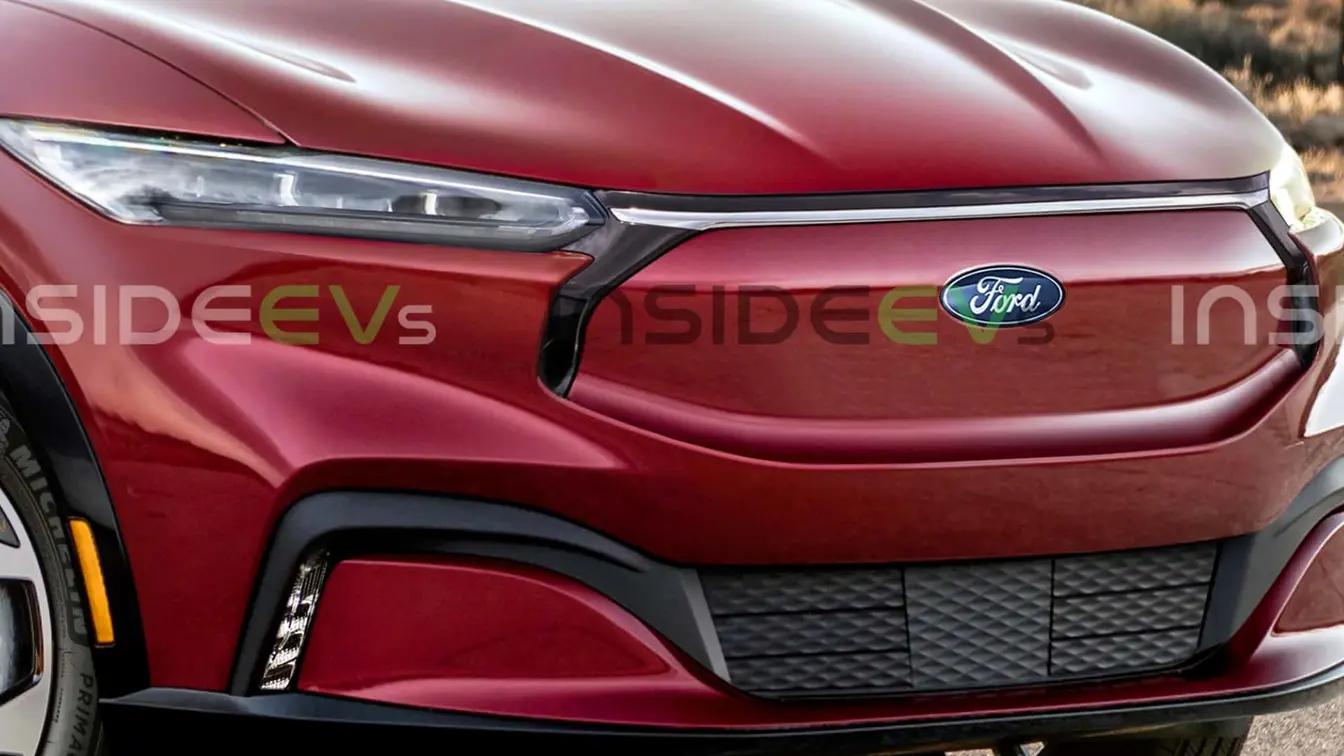
Ford sets date for major electric vehicle plans
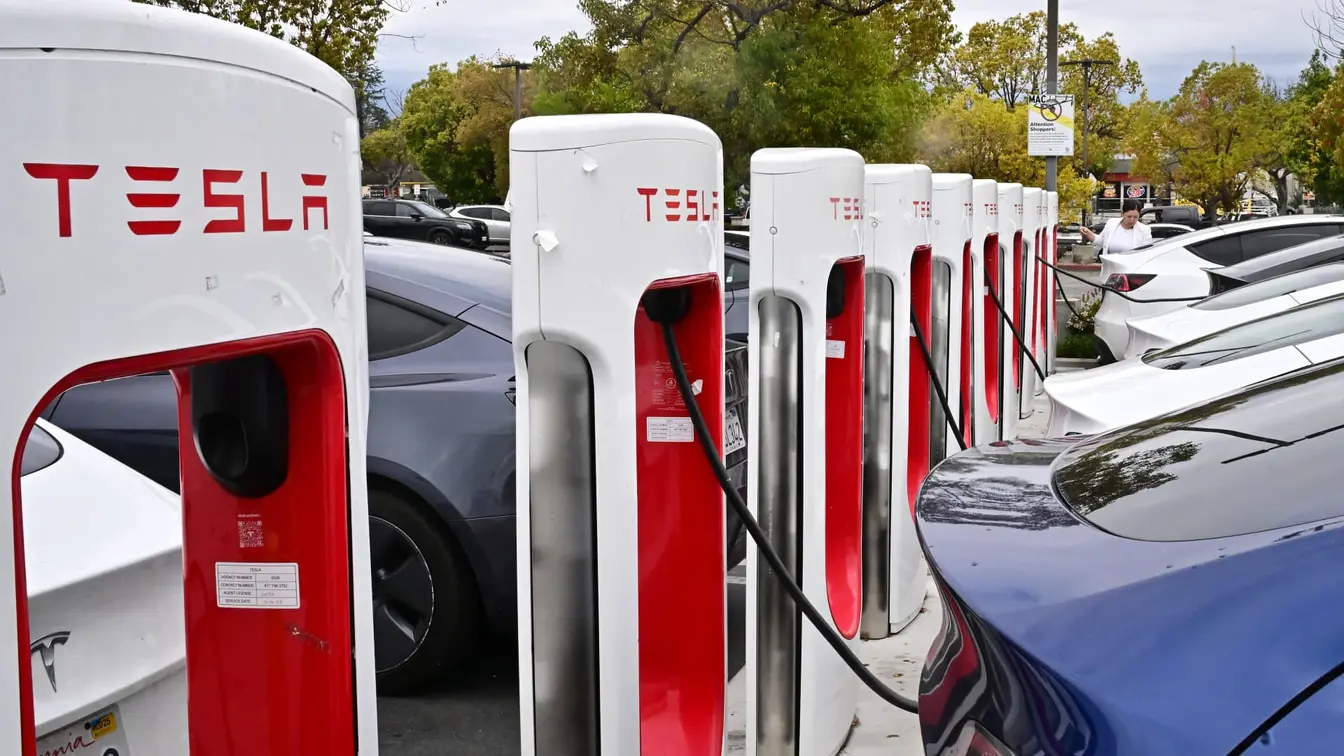
Automakers react to Trump EV policy shift
